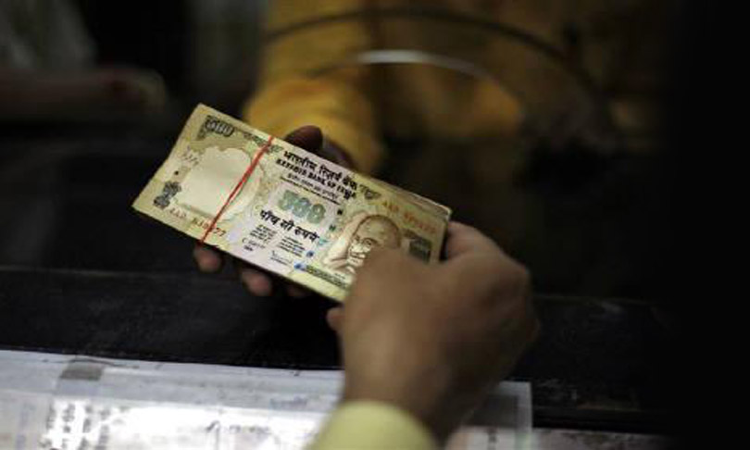The Madras High Court recently found a court officer guilty of misusing his official position and cheating an illiterate man with a promise of securing a job for him and obtaining 40000 rupees for the same.Justice P Velmurugan reversed the order of the Special Court for cases under Prevention of Corruption Act and convicted the court officer under Section 420 and Section 13(2) read with...

